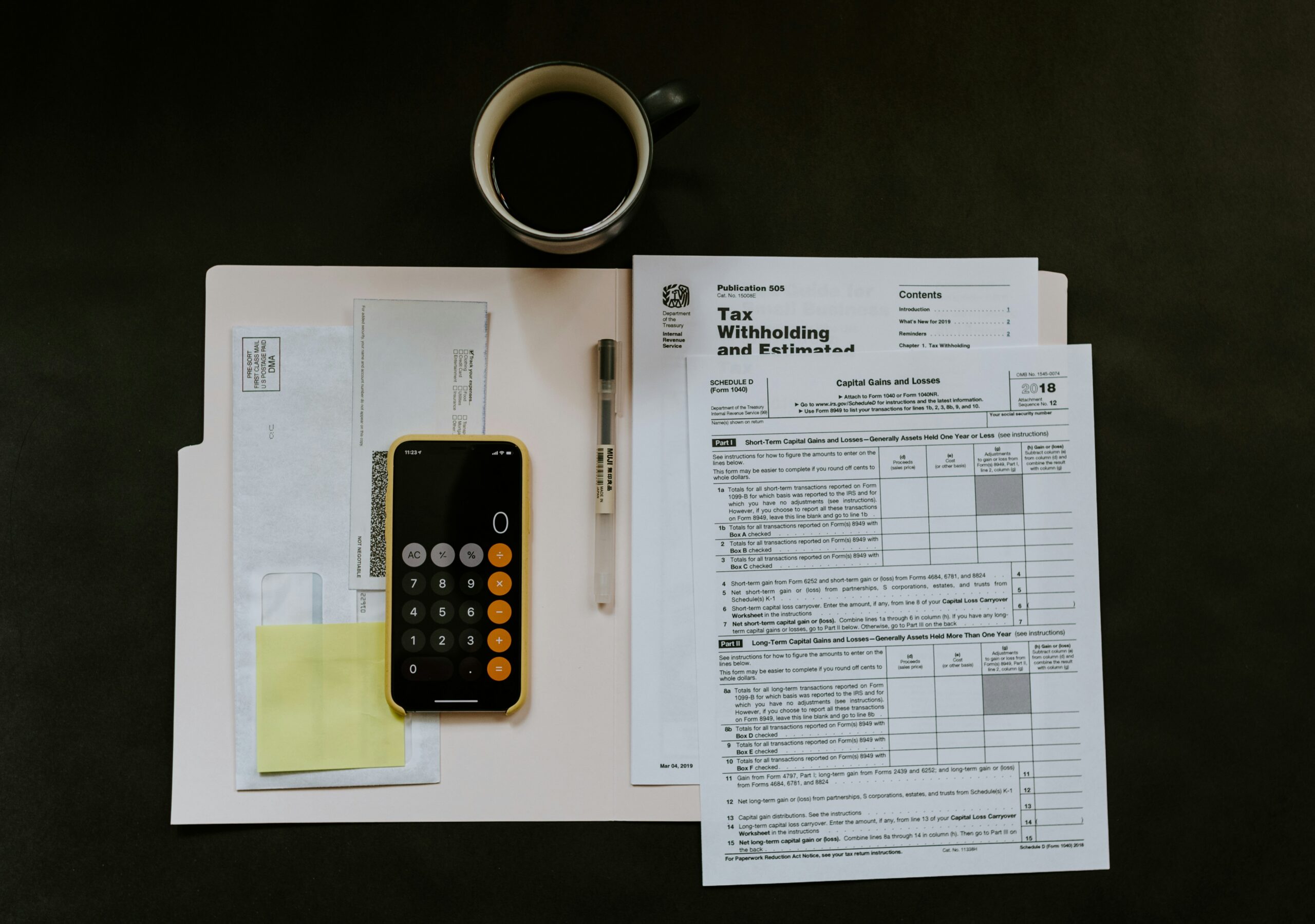News sources report a disruptive inclusion of crypto processes in the Nigerian crypto landscape. It is alleged that Nigeria’s Securities and Exchange Commission (SEC) is getting ready to bring a licensing mechanism for people who issue virtual assets, like cryptocurrencies.
The rollout of this new process is scheduled for this month, demonstrating the increasing adoption of digital assets in the West African country. Experts suggest that this step heralds a growing commitment to a regulated and protected crypto landscape for the Nigerian community. By building a dedicated licensing infrastructure, the SEC allegedly aims to offer a delineated pathway for businesses working with digital assets, making sure they comply with national laws and capitalize on increased investor confidence.
The New Crypto Licensing in Nigeria
The interest in cryptocurrencies and digital assets is at an appreciable high all over the globe, including in countries like Nigeria. It is allegedly stated that Nigeria’s SEC is facilitating this boom by bringing in this new framework. According to a Bloomberg report, the SEC is ready to grant its first licenses for digital services and tokenized assets. The Director-General of the SEC, Emomotimi Agama, went on to the new addition, stressing the growing size of the market and a regulatory mechanism being the need of the hour, “The market size is huge and it is growing,” Agama stated.

Nigeria’s decision to impose a licensing mechanism coincides with the growing global trend of countries are moving fast towards monitoring the crypto sector. Besides Africa, France was reported to bring a new regulatory mechanism for cryptocurrencies at the start of this month, while the United Kingdom, since 2020, has been registering companies under its anti-money laundering (AML) regulations. More specific rules are yet to be announced by the UK.
Moreover, along with the new licensing mechanism, sources closer to the matter report that Nigeria is also aiming to issue a bill by September that will impose a government tax on cryptocurrency transactions. This development will further formalize the digital asset arena and make sure that its advancements help build the national economy.
Legal Action Against Binance
With these ongoing regulatory developments, Nigeria has also taken legal action against Binance, one of the world’s largest crypto exchanges. The country is filing a suit against Binance for alleged tax evasion and money laundering activities.
These claims show the Nigerian government is getting actively involved in the crypto sector to have more scrutiny as it aspires to enforce regulatory compliance. Nigerian authorities are allegedly adamant about holding firms accountable for any malicious activities, depicting the importance of complying with local laws.
Furthermore, according to news sources, Nigerian authorities have detained one of Binance’s executives on allegations linked with money laundering, displaying the gravity with which the government is coming after these issues. The case against Binance could set an example for how cryptocurrency companies work within Nigeria and may encourage other nations to approach these issues head-on.
Takeaway
Nigeria’s progressive steps in monitoring the crypto market through licensing and alleged taxation show the efforts the country is putting in to manage the fast-growing digital asset sector. These steps highlight the significance of having a regulated environment for operating digital assets.

By imposing these progressive measures, Nigeria is reportedly protecting investors and consumers without compromising on the benefits of cryptocurrency adoption for the country. This new infrastructure has the potential to become exemplary for other developing nations seeking the benefits of digital currencies while minimizing the associated risks. The successful implementation of these regulations could potentially make Nigeria a leader in the African crypto arena, attracting more investment and innovation in the sector.










